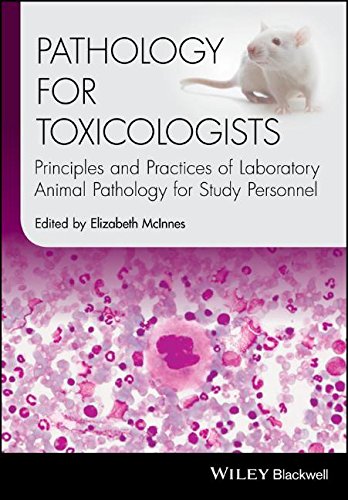

Most ebook files are in PDF format, so you can easily read them using various software such as Foxit Reader or directly on the Google Chrome browser.
Some ebook files are released by publishers in other formats such as .awz, .mobi, .epub, .fb2, etc. You may need to install specific software to read these formats on mobile/PC, such as Calibre.
Please read the tutorial at this link: https://ebookbell.com/faq
We offer FREE conversion to the popular formats you request; however, this may take some time. Therefore, right after payment, please email us, and we will try to provide the service as quickly as possible.
For some exceptional file formats or broken links (if any), please refrain from opening any disputes. Instead, email us first, and we will try to assist within a maximum of 6 hours.
EbookBell Team

4.7
26 reviewsNon-pathologists, such as toxicologists and study personnel, can find it difficult to understand the data they receive from pathologists. Toxicological pathologists write long, detailed and highly technical reports. Study personnel are under daily pressure to decide whether lesions described in pathology reports are treatment-related and thus important to the pharmaceutical company or whether the lesions are background changes and thus of little significance.
Written by experienced toxicological pathologists, Pathology for Toxicologists: Principles and Practices of Laboratory Animal Pathology for Study Personnel serves to bridge the gap in the understanding of pathology data, enabling non-pathologists to more easily comprehend pathology reports, better integrate pathology data into final study reports and ask pathologists relevant questions about the test compound.
This succinct, fully referenced, full colour book is suitable for toxicologists at all stages of their training or career who want to know more about the pathology encountered in laboratory animals used in safety studies. Key features include important chapters on spontaneous and target organ lesions in rats, mice, non-human primates, mini pigs, rabbits and beagle dogs as well as information on general pathology, macroscopic target organ lesions, ancillary pathology techniques, haematology, biochemistry and adversity.
Pathology for Toxicologists: Principles and Practices of Laboratory Animal Pathology for Study Personnel includes: